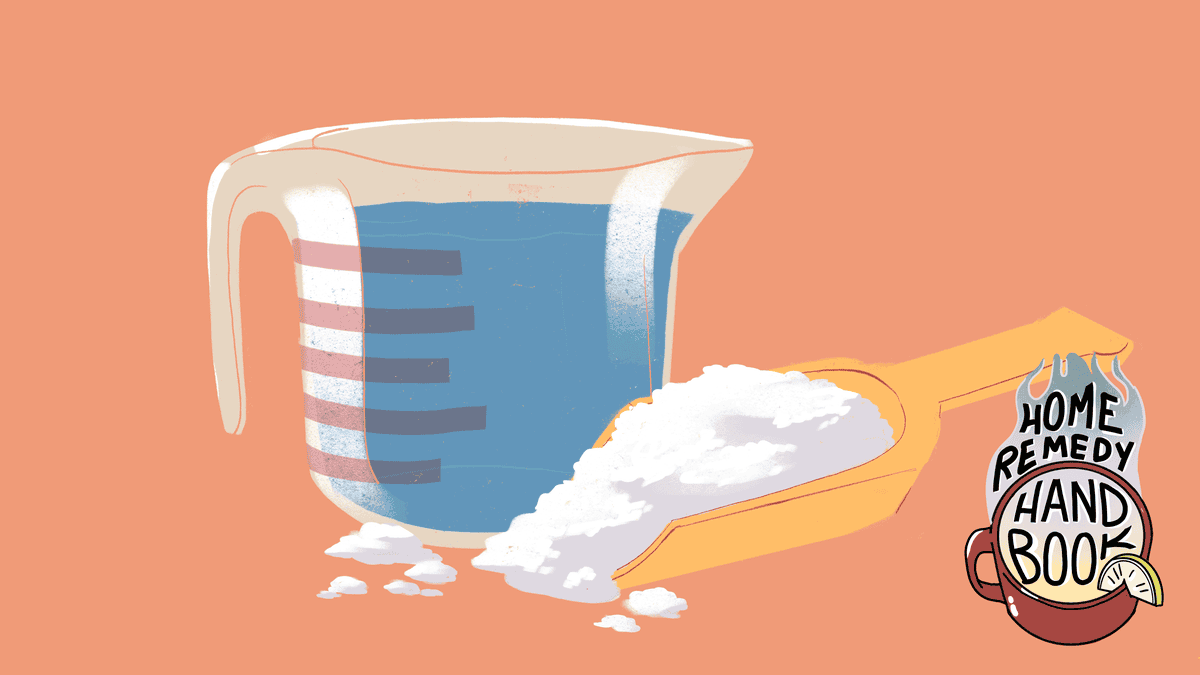How to Do a Salt Water Rinse (and When to Do It)

This post is part of our Home Remedies Guide , a review of home remedies from dubious to doctor-approved. Read more here .
If you’ve ever had a tooth extracted or had a sore throat, your doctor may have recommended a salt water rinse. Instead of mouthwash, salt water rinse can be used, which requires rinsing the mouth with a mixture of water and salt. Salt water rinses can also be effective in relieving a number of conditions; and because of the presence of salt, which can have an antibacterial effect, these rinses can be a cheap and easy way to maintain oral hygiene. Salt water also has the advantage that it is less irritating to the gums than many mouthwashes , which tend to contain alcohol.
Benefits of salt water rinse
Salt water rinses can be helpful for a number of conditions: they can keep the mouth clean after a tooth has been extracted; relieve sore throat; keep your mouth clean when you have stomatitis; or help reduce irritation and inflammation from gum infections or periodontal disease.
“A big benefit of salt water rinses is that they help reduce bacteria,” said Elena Zamora, family medicine physician at UTHealth Houston . When a tooth is extracted, killing bacteria can help with healing and reduce the risk of developing a dry socket . Salt water rinses can also help manage gum disease by reducing bacteria.
How to do it right
To make a salt water rinse at home , Zamora recommends mixing one teaspoon of salt with eight ounces of warm water. “If you mix it with warm water, it will dissolve better,” Zamora said. Then you need to rinse your mouth for 15-20 seconds, trying to get the salt water into all parts of your mouth. If you’re doing a salt water gargle for a sore throat, “make sure it hits the back of your throat, not just your teeth and mouth,” Zamora said. After rinsing thoroughly, it is important to spit out the salty water and not swallow it.
Ask your doctor how often you should rinse your mouth, but barring any specific issues, Zamora recommends aiming for no more than three to four times per week or every other day, as rinsing too often can weaken your tooth enamel . This frequency may vary depending on whether you have a specific health condition or are dealing with recent surgery, which you should discuss with your doctor.